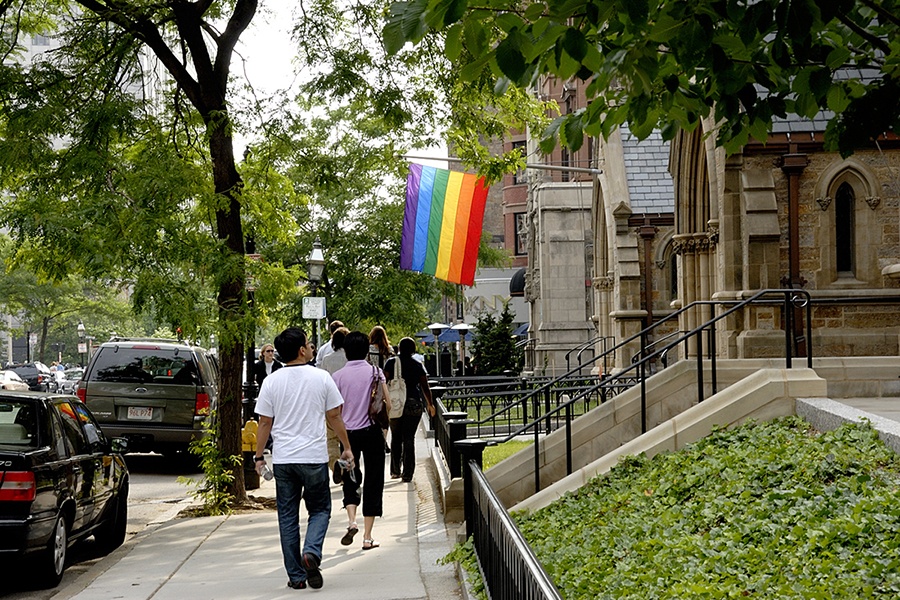Massachusetts Senate Passes Bill to Add Third Gender Option to State IDs
Advocates say adding the "X" option alleviates the need for gender non-conforming individuals to make an impossible choice.

Photo by billandkent on Flickr/Creative Commons
For some, the stressful part of getting a driver’s license ends as soon as they manage to parallel park a vehicle. But for others, the true anxiety sets in once they’re back at the RMV.
Currently, Massachusetts asks license-holders to identify as either male or female, a binary that forces gender non-conforming Bay Staters to make a difficult choice. But the state is on its way to changing that.
On Thursday, at the urging of a 16-year-old, the state Senate passed a measure to give Massachusetts ID holders the chance to choose a third gender option: X. The bill, supporters say, would eliminate an impossible decision for non-binary individuals and give greater visibility to the state’s transgender community.
“Having this extra choice for people who would like it just shows the people the Commonwealth that trans people exist and trans people deserve to be normalized in society,” Ella, the teenage advocate who inspired the bill, told the Boston Globe.
Similar measures are already on the books in Maine, California, Oregon, and Washington, D.C., and if the bill becomes law in Massachusetts, the X option would be available by November 2018.
State Sen. Karen Spilka, an Ashland Democrat who sponsored the bill, said on Twitter she was inspired by Ella and proud to support the policy. She emphasized that the measure allows Bay State residents to be their true selves.
“What struck me, as I remember when my kids went for their licenses, it was a joyous occasion; it was a milestone,” Spilka told the Boston Herald. “It should not be something that causes stress or conflict.”
Opponents of the bill, including the conservative Massachusetts Family Institute, argued gender is not a “verifiable fact” and in allowing a third option on IDs, the state may be violating federal law, the Globe reports.
But for Ella, the bill stands as a marker of progress on the way to broader societal acceptance.
“My identity ever since I’ve come out has been kind of a balancing act,” the teenager told the Herald. “Often, public accommodations are separated by male or female, so I don’t necessarily fit. Oftentimes I kind of have to pick and choose depending on how I appear that day.”
But not for long, perhaps, at the RMV.


